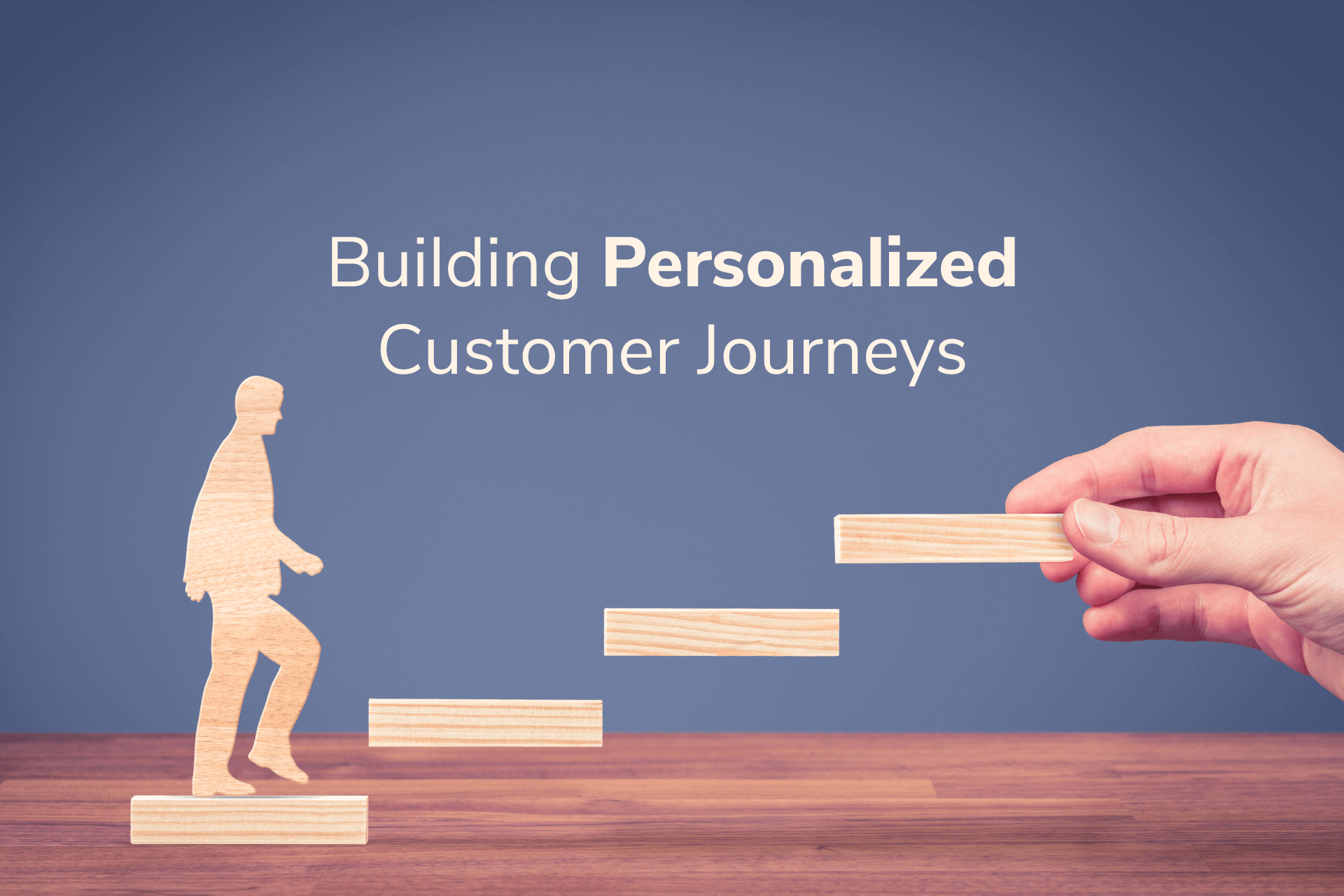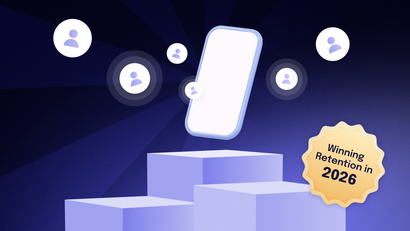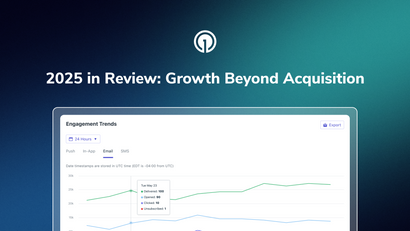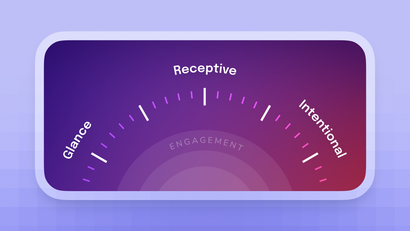Leading marketers in e-commerce are using data to personalize the customer experience and create relevant multichannel journeys that drive sales. Personalizing brand communication can help you stand out from your competition, but in order to deliver highly-personalized user experiences, you need access to the right data insight. Our latest integration with Blueshift uses connected data to help you deliver a personalized, multichannel customer experience at scale.
What does connected data mean?
Customer data can often become siloed in different departments, platforms, and databases. When that data isn't organized and updated in a centralized platform, it's exceptionally difficult to use that information to draw insights, drive marketing strategy, and inform user communication. Combining separate data sources into one, powerful platform makes it easier to see the “big picture” with regard to user preferences and engagement behavior, and makes it possible for companies to personalize customer experiences to an even greater degree using AI.
Why is connected data important for e-commerce campaigns?
Connected data systems enable e-commerce marketers to better understand who their customers are and what their intentions might be when making a purchase decision. Personalizing brand experiences can generate a 20 percent increase in sales. Furthermore, 77 percent of consumers have chosen, recommended, or paid more for a brand that provides a personalized experience. From an e-commerce perspective, reaching the right customers and making predictive recommendations of relevant content, offers, and products can have a significant impact on campaign performance.
In 2017, marketers were using 10 data sources on average. In 2021, more than half of consumers expect brands to anticipate their needs and make relevant suggestions before they make contact. With so much data being pulled from different sources, it’s necessary that marketers use automation tools and integrations to better manage their data, and use this to deliver product recommendations that are highly relevant to individual customer profiles.
“Personalization has a material impact on your ability as a marketer to drive your bottom line.”
- Ryan King, Director of Demand Generation at Blueshift
About Blueshift
Blueshift focuses on providing an all-in-one data solution for marketers to deliver a better multichannel experience by combining the scale and flexibility of a customer data platform (CDP) with the speed and execution of multichannel campaigns.This supports dynamic customer experiences and allows marketers to leverage historical data to deliver product recommendations via automated, trigger-based marketing campaigns.
Blueshift’s connected data system, SmartHub CDPs (Customer Data Platform), is a connected data platform that helps companies better unify and leverage data in marketing and communication.
About the OneSignal and Blueshift Integration
Your communication channels and your customer relationship management (CRM) system should be as closely linked as possible. Our integration with Blueshift will enable you to deliver a personalized experience by:
- Creating new audience segments and triggered (automated) campaigns based on customer preferences.
- Dynamically sending users web push notifications when an action or event occurs.
- Sending user metrics and reactions back into Blueshift’s SmartHub to ensure accurate, up-to-date data records can be used to drive future engagement.
You can create a web push campaign within Blueshift using segment-triggered campaigns. For instance, if the goal of your campaign is to target customers that have purchased within the past week, you can add a “OneSignal Winback” web push series as a trigger, then launch a web push prompt on your website.
Incorporating Web Push into a Multichannel Customer Journey
Using the native OneSignal integration within Blueshift, you can easily incorporate web push into your winback campaigns and can expand your campaign to other communication channels. By creating a three-step winback campaign, you can reach customers using their preferred method of communication (web push, email, or in-app messages), while also leveraging connected data to make more accurate predictions about content will resonate most with a specific customer.
In this example setup, the first two communications of a marketing campaign can be sent using email as the primary channel, while the third step uses OneSignal-powered web push as the final touch.
Create Personalized E-Commerce Customer Journeys
Before you build a marketing campaign, it’s important to understand your user base and know which customer groups are most likely to purchase different products and what their preferences are. For a retail clothing company, that might mean understanding what clothes users are most likely to purchase, what content they engage with, and even their ideal sizing. Rather than sending general, irrelevant promotions at set intervals, you can leverage user data to personalize promotion timing and tailor message content to fit each user’s unique journey and preferences. Blueshift uses artificial intelligence (AI) to build specific customer segments which can be used via the OneSignal integration to send highly personalized and automated messages at scale.
In addition to incorporating web push into your winback series, you can also add email, SMS, in-app messaging, social ads, and other customer touchpoints to your automated marketing campaigns.
Above is an example of a customer profile as understood through Blueshift’s data system. This customer’s likelihood to purchase is high (close to 91%) based on their previous purchase of eight other related products. Blueshift uses connected data to aggregate location, recommendations, preferred channels, and even campaign actions that you can take to target this customer. One of these preferred channels is web push notifications, which can be used as a win-back strategy in the next few steps of your multichannel campaign.
Get Started with OneSignal
OneSignal is designed to help you send notifications and seamlessly manage your user communication across every channel, including mobile push notifications, web push notifications, bulk SMS, in-app messaging, and email. Our platform is quick to set up and makes it easy to customize and automate your messaging strategy without doing any development work. If you don't have a OneSignal account, you can create one for free and start sending push notifications to your users today. Don't take our word for it — sign up and see for yourself!
Create a Free Account



